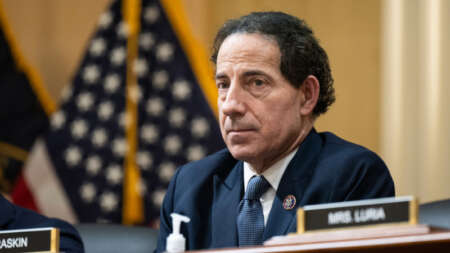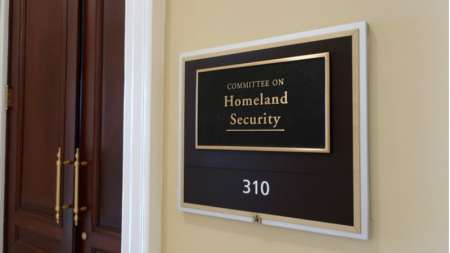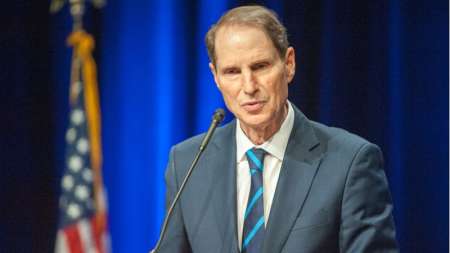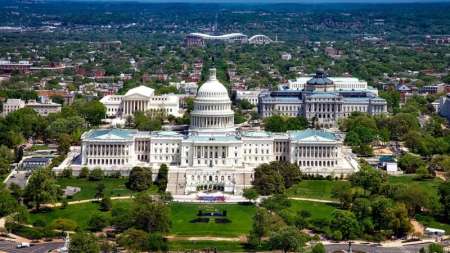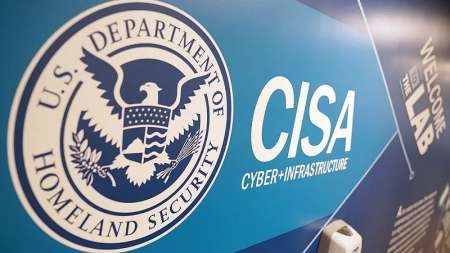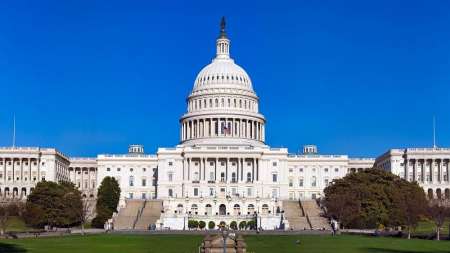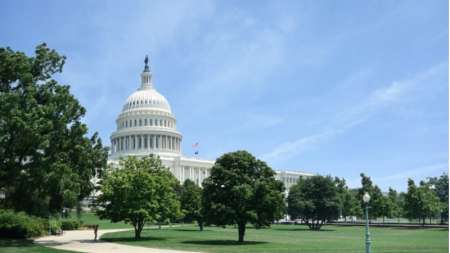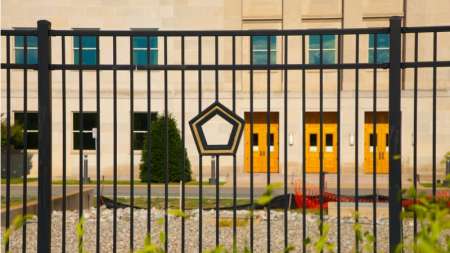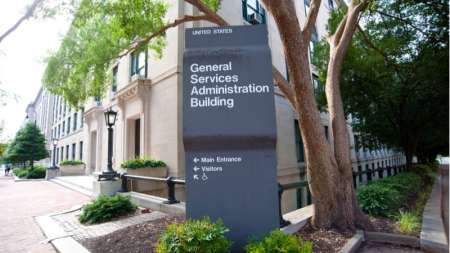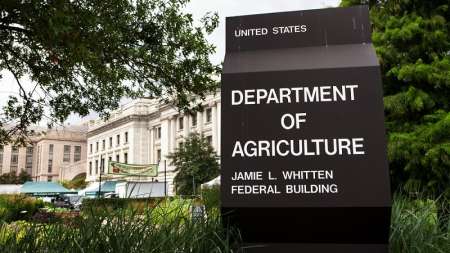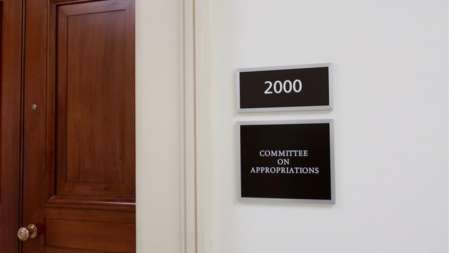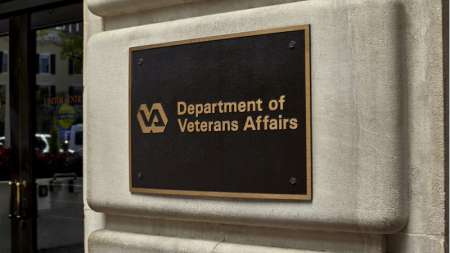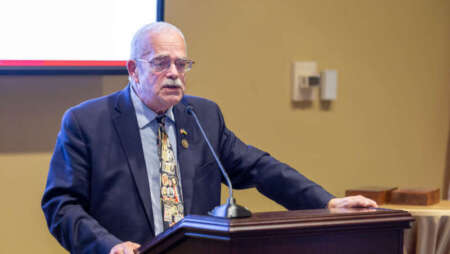Senate legislative efforts unveiled last week are targeting the development of artificial intelligence (AI) technologies from markedly different angles – one to prevent against some of the worst-case instances of AI tech deployment, and the other to make sure that Federal AI development efforts leave plenty of room for private sector participation. […]
Democratic lawmakers are lining up behind key Biden administration anti-fraud proposals, with a group of Senators unveiling legislation last week that includes key provisions to address systemic pandemic fraud and prevent future fraud schemes, and a key House lawmaker chiming in with legislation today. […]
Following fresh warnings from the Federal government that foreign hackers are targeting U.S. water systems for possible cyberattacks, two House members this week introduced legislation that would focus greater government attention on that threat. […]
The Senate Homeland Security and Governmental Affairs Committee voted today to approve the Multi-Cloud Innovation and Advancement Act, which aims to modernize and streamline the adoption of cloud computing technologies by Federal government agencies. […]
Leaders of the Senate Homeland Security and Governmental Affairs (HSGAC) Emerging Threats and Spending Oversight (ETSO) Subcommittee have debuted legislation to put in place stricter export controls to prevent adversary nations from gaining access to “sensitive technologies” – like artificial intelligence – created by U.S.-based firms. […]
Sen. Ron Wyden, D-Ore., unveiled draft legislation on Monday that would require the Federal government to set new cybersecurity and interoperability standards for collaboration software such as Microsoft Teams, Slack, and Zoom. […]
Sens. Gary Peters D-Mich., chairman of the Senate Homeland Security and Governmental Affairs Committee, and Ted Cruz, R-Texas, have introduced legislation that looks to speed up and streamline the Federal procurement process for agencies and their contractors. […]
A new bipartisan bill in the House would require the Department of Homeland Security (DHS) to deliver a plan to Congress on how it can integrate emerging technology such as AI and machine learning at the border. […]
Sens. Gary Peters, D-Mich.,?chairman of the Senate Homeland Security and Governmental Affairs Committee, and Joni Ernst, R-Iowa, introduced bipartisan legislation today to increase transparency and oversight of Federal telework policies. […]
Sens. Gary Peters, D-Mich., chairman of the Senate Homeland Security and Governmental Affairs Committee (HSGAC), and Mitt Romney, R-Utah, ranking member of the HSGAC Subcommittee on Spending Oversight, introduced a new bill on March 28 to help strengthen oversight of Federal spending and reduce fraud. […]
Sens. Gary Peters, D-Mich., and John Cornyn, R-Texas., have introduced new legislation that would hold Federal agencies and officials more accountable for retaining records of their electronic communications. […]
New legislation introduced in the House by Reps. Clay Higgins, R-La., and Eric Burlison, R-Mo., would put limits on how the IRS can use AI technology – specifically in choosing whose tax returns to audit. […]
The Cybersecurity and Infrastructure Security Agency (CISA) is slated to receive $2.8 billion in fiscal year (FY) 2024 under a government funding package lawmakers unveiled on Thursday – marking a more than $34 million cut from the FY2023 level and leaving some key cybersecurity programs funded at sharp discounts to amounts the White House proposed. […]
Congress is taking steps as part of its fiscal year 2024 government appropriations bills to lop off a quarter of the $80 billion of modernization funding for the IRS approved in the Inflation Reduction Act (IRA) in 2022. […]
The White House and leaders from both sides of the aisle on Capitol Hill said today they have reached an agreement on funding amounts for the remaining six appropriations bills that will provide money for the Federal government to operate through the end of fiscal year (FY) 2024 which ends on Sept. 30. […]
House Committee on Oversight and Accountability Chairman James Comer, R-Ky., announced Thursday that he is launching a governmentwide investigation into the Chinese Communist Party’s (CCP) “ongoing efforts to target, influence, and infiltrate every sector and community in the United States.” […]
Is the Federal government doing enough to investigate UFOs?
Rep. Eric Burlison, R-Mo, believes there is more to be done and is calling on House leadership for further action. […]
Deepfake images created with artificial intelligence (AI) technologies pose a growing threat to women and children and require Federal action to rein them in, the chair and ranking member of a key congressional subcommittee said on March 12. […]
The Biden-Harris administration on March 11 submitted to Congress its proposed fiscal year (FY) 2025 budget request of $849.8 billion for the Defense Department (DoD), with integrated deterrence, campaigning, and building upon the military’s enduring advantages as top-line items. […]
Congress’s failure to pass the fiscal year (FY) 2024 budget has hindered the Department of Defense’s (DoD) mission in national defense and global security, Deputy Secretary of Defense Kathleen Hicks told reporters today during a live Pentagon press briefing. […]
The Senate on March 7 confirmed the nomination of Cathy Ann Harris as chair of the Merit Systems Protection Board (MSPB). The nomination cleared the Senate on a 51-48 vote. […]
Members of the House Oversight and Accountability Committee on both sides of the aisle had nothing but good things to say about two major pieces of Fed-tech legislation today – one to reform the Federal Information Security Modernization Act (FISMA) and another to codify Federal governance of agency AI systems – during a full committee markup session today. […]
Rep. Pete Sessions, R-Texas, has introduced legislation that aims to create more transparency into work being done by the General Services Administration’s (GSA) Technology Transformation Services (TTS) organization, which is in charge of implementing modernized technologies across the Federal government. […]
The U.S. Department of Agriculture (USDA) is in line to receive modest funding to boost IT and citizen experience modernization efforts in fiscal year (FY) 2024 under the FY2024 Agriculture, Rural Development, Food and Drug Administration, and Related Agencies Appropriations bill released by the Senate and House Appropriations committees on Sunday. […]
The Federal Aviation Administration (FAA) is set to get a $1.255 billion boost in its fiscal year (FY) 2024 budget, according to the Transportation, Housing and Urban Development, and Related Agencies FY2024 appropriations bill released on Sunday by the Senate and House Appropriations Committees. […]
The House and Senate Appropriations Committees released their first package of fiscal year (FY) 2024 appropriations bills on Sunday, boosting to over $8 billion the budget for the Energy Department’s (DoE) Office of Science which is responsible for overseeing programs funded by the CHIPS and Science Act, among others. […]
The Department of Commerce (DoC) and its National Institute of Standards and Technology (NIST) are in line for relatively modest top-line spending cuts in fiscal year (FY) 2024 ending Sept. 30 under the FY2024 Commerce, Justice, Science, and Related Agencies (CJS) Appropriations Act bill released on Sunday by the Senate and House Appropriations Committees. […]
The House and Senate Appropriations Committees released their first package of fiscal year (FY) 2024 appropriations bills on Sunday including a bill that provides over $6 billion in IT funding for the Department of Veterans Affairs (VA), with a cut in the White House’s request for money to fund VA’s electronic health records program. […]
President Biden signed another short-term spending measure into law on Friday, avoiding a partial government shutdown this weekend and keeping one set of Federal agencies operating through March 8 and another through March 22. […]
The leadership of the House Oversight Subcommittee on Cybersecurity, IT, and Government Innovation probed the General Services Administration (GSA) chief information officer (CIO) Thursday on the agency’s purchase of Chinese-made videoconference cameras that contained known security vulnerabilities. […]


